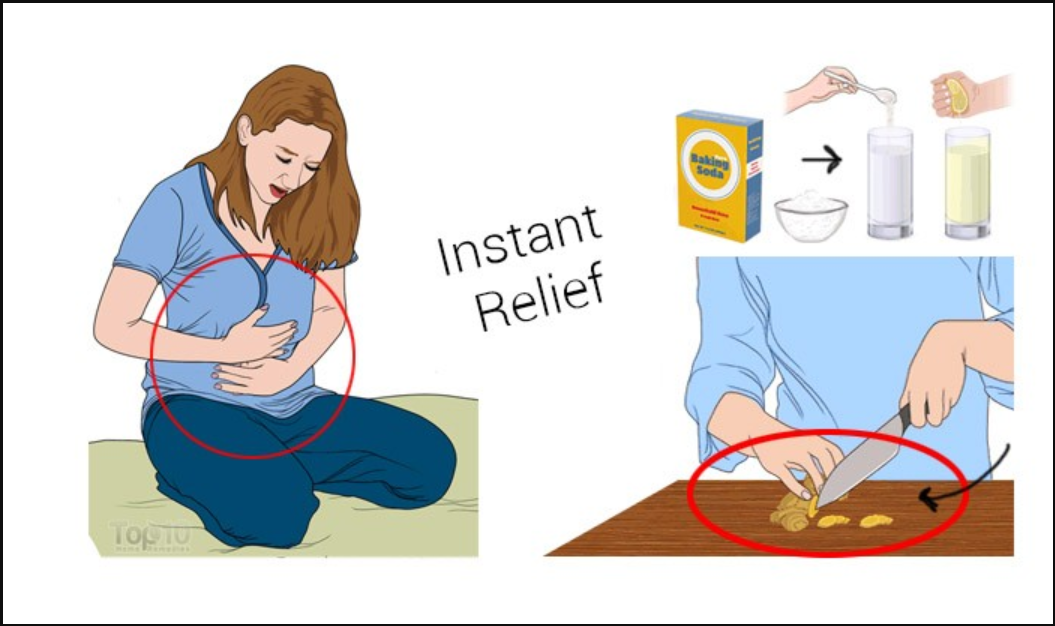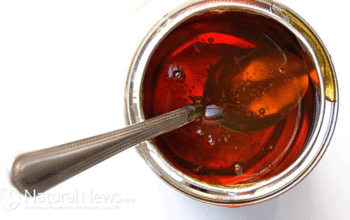Living with gas and bloating can be uncomfortable and sometimes embarrassing. These common digestive issues affect millions of people worldwide, causing discomfort, pain, and often significant disruption to daily life. Understanding the causes, exploring natural treatments, and implementing prevention strategies can help you manage and reduce these symptoms effectively.
Understanding the Causes of Gas and Bloating
Gas and bloating can arise from various dietary, lifestyle, and medical factors. Recognizing these triggers is the first step toward effective management.
Dietary Factors
Certain foods are notorious for causing digestive distress. Common culprits include:
- Beans and legumes
- Dairy products
- Carbonated beverages
- High-fiber foods
When these foods are consumed, they can produce excess gas in the digestive system, leading to bloating and discomfort. Additionally, how you eat is just as important as what you eat. Eating too quickly, not chewing thoroughly, or consuming large meals can contribute to gas and bloating.
Lifestyle and Medical Conditions
Beyond diet, lifestyle factors play a significant role. Stress, lack of physical activity, and eating habits can trigger digestive issues. Medical conditions like Irritable Bowel Syndrome (IBS) affect approximately 10-15% of the global population, often manifesting with persistent bloating and gas.
Effective Natural Treatments for Gas and Bloating
Herbal Remedies
Nature offers several powerful solutions for digestive discomfort:
- Peppermint Oil: Known for its antispasmodic properties, it can help relax the digestive tract
- Fennel: Traditionally used to reduce gas and bloating
- Ginger: Helps stimulate digestion and reduce inflammation
Physical and Lifestyle Interventions
Simple techniques can provide significant relief:
- Gentle abdominal massage
- Specific yoga poses targeting digestive health
- Practicing mindful eating
Dietary Supplements
Probiotics and digestive enzymes can help restore gut balance. Lactase supplements can help those with dairy sensitivities, while enzyme supplements like Beano can reduce gas from complex carbohydrates.
Preventing Gas and Bloating: Long-Term Strategies
Dietary Modifications
Prevention begins with mindful eating and gradual dietary changes:
- Introduce fiber slowly to allow gut adaptation
- Stay hydrated
- Replace carbonated drinks with water
- Eat smaller, more frequent meals
Lifestyle Recommendations
Consistent lifestyle changes can dramatically improve digestive health:
- Eat meals at regular intervals
- Practice stress-reduction techniques
- Engage in regular physical activity
- Avoid eating late at night
When to Seek Professional Help
While occasional gas and bloating are normal, persistent or severe symptoms might indicate underlying health issues. Consult a healthcare professional if you experience:
- Severe, prolonged bloating
- Significant weight loss
- Blood in stool
- Persistent pain
Conclusion
Managing gas and bloating is a holistic process involving diet, lifestyle, and sometimes medical intervention. By understanding your body, making mindful choices, and implementing natural treatments, you can significantly reduce digestive discomfort and improve overall well-being.





